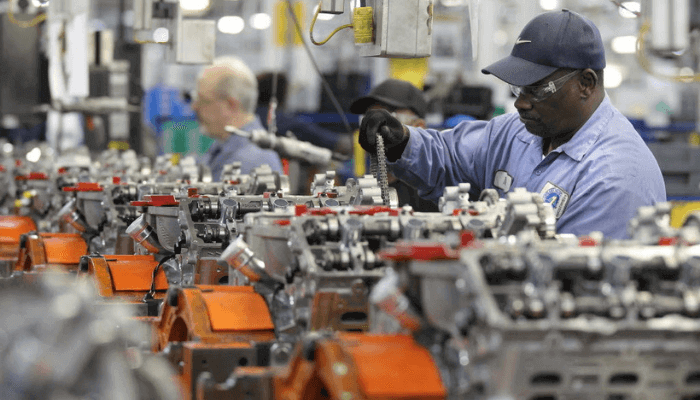
Stakeholders at a pre-summit event ahead of the 30th Nigerian Economic Summit have said despite its potential to help the nation achieve development goals, the manufacturing sector is confronted by infrastructure deficit and lack of access to finance.
Organised by the Nigerian Economic Summit Group, the pre-summit event focused on the theme: “Reversing the Decline: Strategies for Stabilising Nigeria’s Manufacturing Sector.” The event gathered key stakeholders to discuss solutions for halting the decline in Nigeria’s manufacturing industry and examining how current economic reforms impact the sector’s operations. The goal was to set the stage for actionable policy and non-policy measures to address both immediate and long-term challenges.
Dr. Muda Yusuf, the thematic lead of the manufacturing group, who represented Engr. Mansur Ahmed, private sector co-Chair of the manufacturing and mining policy commission steering committee, highlighted the significant role of the manufacturing sector in Nigeria’s development. He said despite its potential, the sector faces numerous challenges, such as inadequate infrastructure, fluctuating exchange rates, and poor access to finance.
Dr. Yusuf emphasised the importance of industrialisation in driving economic growth, as seen in Europe and North America, and stressed the need for a thriving manufacturing sector supported by innovation, infrastructure, and strong economic policies.
Vice president of Dangote Industries Limited and NESG board member, Olakunle Alake, said Nigeria’s manufacturing sector, which contributes only 8 percent to the GDP, faces stagnation due to issues like erratic power supply and inadequate infrastructure.
He stressed the need for collaboration between the public and private sectors to develop policies that stabilise and rejuvenate the sector.
Alake also noted that prioritising Sustainable Development Goal (SDG) 9, which focuses on building resilient infrastructure and fostering innovation, is crucial for achieving broader economic and social goals.
Facilitator of the manufacturing and mining policy commission, Lumun Amanda Feese Nigeria could learn from countries like Sweden, Finland, Australia, and the USA, which have successfully used their natural resources to drive industrialization through innovation and technology. She emphasised the need for robust public-private partnerships and collaboration among stakeholders to ensure the sector’s growth.
Director of corporate affairs and sustainability at Coca-Cola Hellenic Bottling Company Plc, Soromidayo George highlighted the sector’s potential to reduce poverty by creating jobs and promoting economic diversification. However, she stressed the urgency of implementing effective strategies and policies that align with Nigeria’s cultural context and are backed by data.
Partner & tax leader at PwC Nigeria Chijioke Uwaegbute
offered recommendations to stabilise the manufacturing industry. He advocated for a temporary freeze on increasing levies and tax rates for 1 to 2 years to help the sector recover. He also called for simplifying processes for accessing export expansion grants and other incentives, noting that some manufacturers currently face tax rates as high as 45 percent.
Copied
